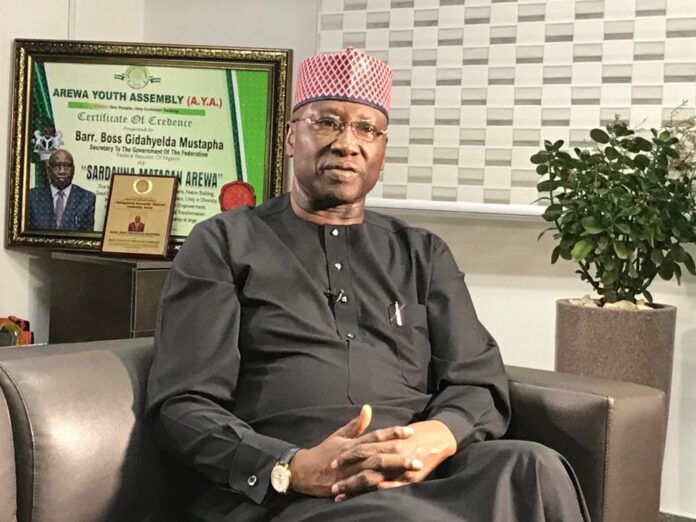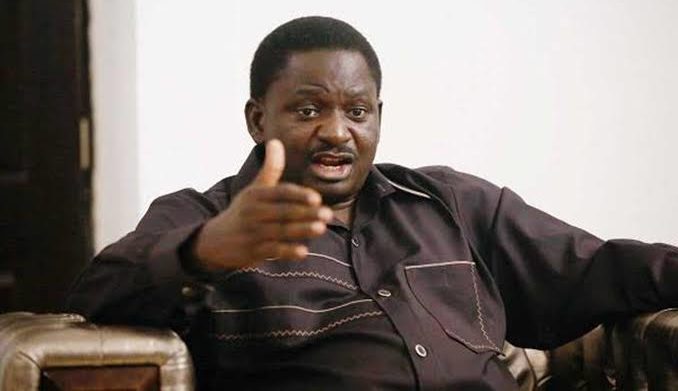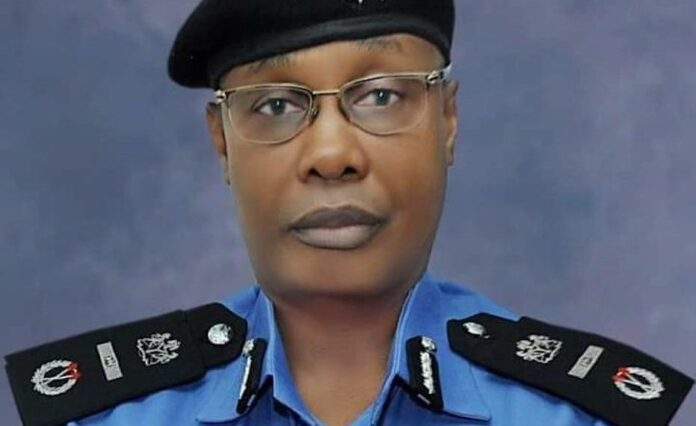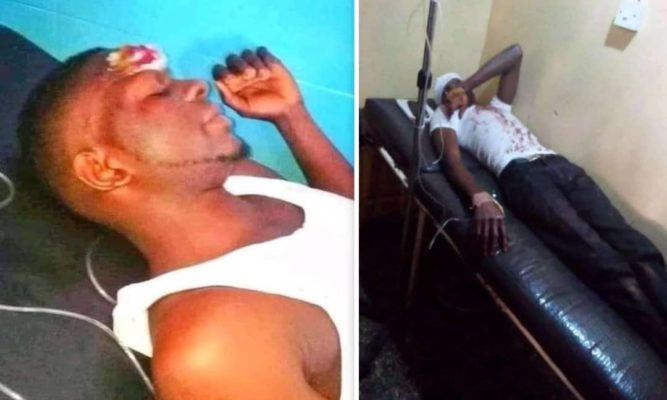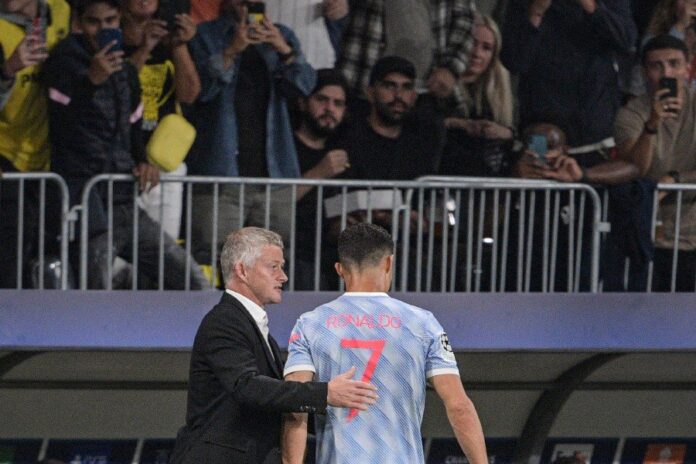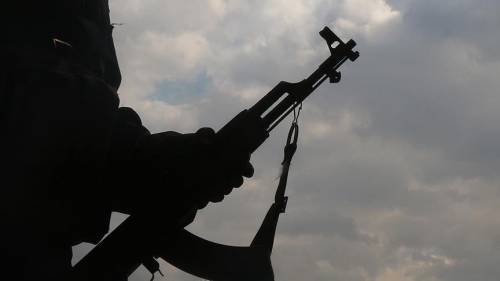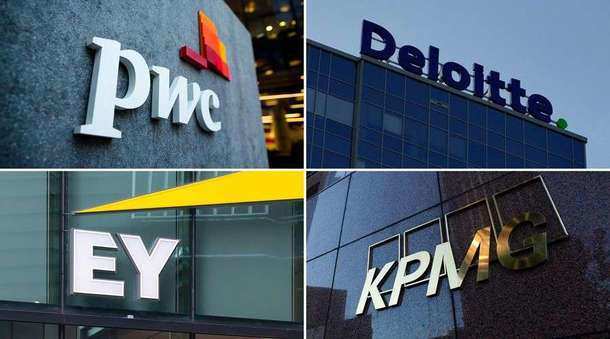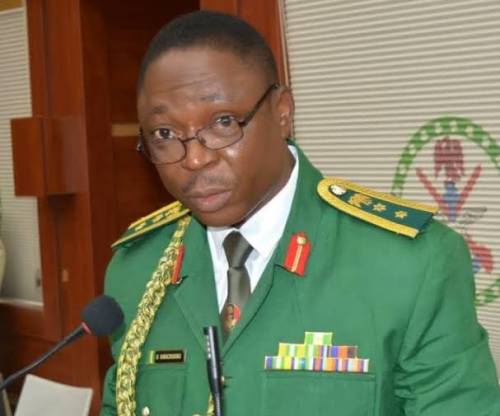Boss Gidahyelda Mustapha is the Secretary to the Government of the Federation (SGF) of the Federal Republic of Nigeria and Chairman of the Presidential Task Force on COVID-19. He is also a boardroom guru of note who has distinguished himself in financial service, legal practice, politics and service to humanity with inherent exemplary leadership qualities.

Born in Hong, Adamawa State. Boss Mustapha attended primary school in Hong. He thereafter attended Hong Secondary School and the North East College of Arts and Sciences in Maiduguri, Borno State. He graduated in 1976. On completion of his secondary school education, he attended the Ahmadu Bello University in Zaria, where he earned his Bachelor of Law (LL.B) in 1979.
He proceeded to Nigerian Law School, Lagos for the mandatory one-year law class and graduated in 1980. He was called to the Nigerian Bar the same year. From 1980 to 1981, he did the compulsory National Youth Service Corps (NYSC) at the Directorate of Legal Services within the Army Headquarters, where he was in charge of the review of Court Marshall Proceedings.
After his National Youth Service, he joined Sotesa Nigeria Limited, an Italian consultancy firm, as an Executive Director in charge of Administration, leaving in 1983 to join a prestigious law firm, Messrs Onagoruwa & Co, in Lagos to start his legal practice.
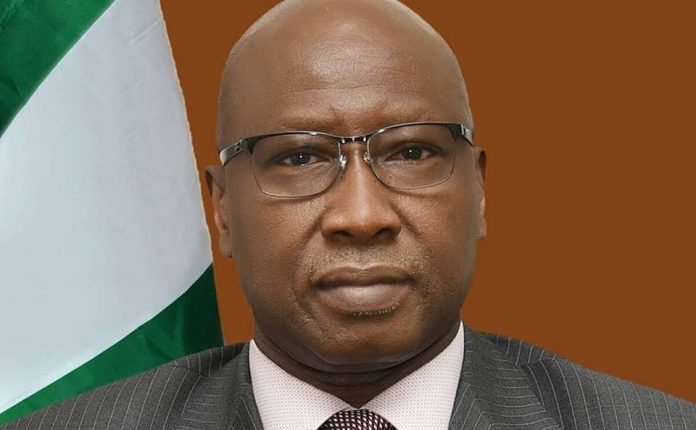
He established his own law practice firm, Messrs Mustapha & Associates, in 1994 and served as its Principal Counsel until 2000. He later worked in another law firm, Adriot Lex & Co., serving as Principal Consultant. His legal interests and expertise had to do with privatization, commercialization and liberalization between Public Companies/Corporate Organisations and Government Parastatals. He was also involved in preparation of varied and miscellaneous banking documents such as Debentures, Guarantees, Mortgages, Bonds and Loan Syndications.
Mustapha joined politics in the 1980s, after his graduation from the Law School. Between 1988 and 1989, he was a member of the Constituent Assembly, the body that drafted the Constitution of the Third Nigerian Republic. In 1989, Mustapha became the State Chairman of the Peoples Solidarity Party (PSP) in the defunct Gongola State. The party was to later be among the several political parties disbanded by the then Military Head of State, General Ibrahim Badamasi Babangida. Between 1990 and 1991, Mustapha was Adamawa State Chairman of the Social Democratic Party, one of the two state-created political parties during that military regime. He flew the party flag for Adamawa State Governorship election in 1991 but lost to Abubakar Saleh Michika of National Republican Convention.
Mustapha’s career went to a new high with his appointment as a member of Interim Management Committee (IMC) of the defunct Petroleum (Special) Trust Fund (PTF), serving meritoriously from 2000 to 2007. At the PTF, he was responsible for production of an up-to-date comprehensive project and programme report, including location, coverage and whether performed, performing or abandoned production of final report of assets and liabilities, examination of the administrative structure and cost effectiveness of PTF projects and services among other duties.
He went on to serve as the Deputy Director-General of the Presidential campaign of the then Vice President, Alhaji Atiku Abubakar, during the 2007 Presidential election.

Aside all of these, Mustapha played key leadership roles at the Nigeria Bar Association (NBA), serving as Social Secretary and Chairman at the Yola branch of the revered association for the learned. He is also a member of various professional bodies including African Bar Association (ABA), Commonwealth Lawyers Association, International Bar Association (IBA) and Human Rights Institute (HRI).
His accomplishments transcends politics and law practice. He is respected boardroom guru, having been appointed into the boards of several companies in manufacturing and financial services, as well as the oil and gas sectors. Aside being an influential member, he was re-appointed the National Vice President of the Full Gospel Business Men’s Fellowship international Nigeria in 2018: he is a Christian by faith.
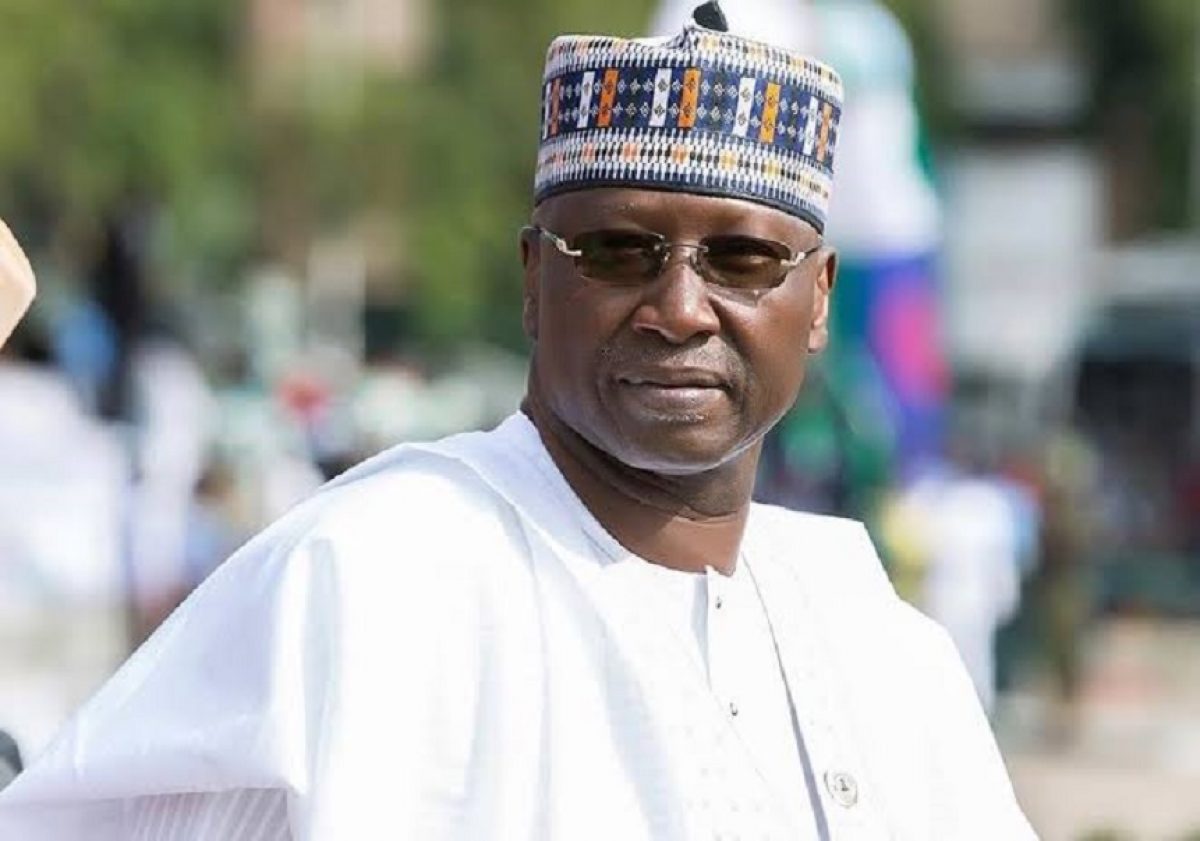
Mustapha was the Deputy National Chairman of the Action Congress of Nigeria from 2010 to 2013. The party was among the three major parties that were merged to form the All Progressives Congress on 6 February 2013, in anticipation of the 2015 general elections in Nigeria. He ran, albeit unsuccessfully, at the then newly formed party’s governorship primary election in 2014 to be the Governor of Adamawa State. He went on to become the Secretary of the APC Presidential Campaign Organization Mobilization Committee, and a member of the APC Transition Committee. He is also a member of the APC Board of Trustees.
He was the Managing Director/CEO of the National Inland Waterways Authority (NIWA).
He was appointed Secretary to the Government of the Federation on 30th of October, 2017 following the sack of Babachir David Lawal, who had been suspended six months earlier for misappropriation of public funds. Boss Mustapha took the oath of office as the Secretary to the Government of the Federation on 1st of November, 2017 during a meeting of the Federal Executive Council, in the Council Chambers, Presidential Villa, Abuja.
As nations of the world began to deal with the effects (and counter where possible) the infamous appearance of the corona virus on the world stage in 2020, President Muhammadu Buhari appointed Boss Mustapha as the Chairman of the Presidential Task Force set up to curb the spread and effects of the corona virus in Nigeria on the 9th of March, 2020.

Boss Gidahyelda Mustapha is married with children. His hobbies include playing golf and lawn tennis, travelling and seeing documentary clicks. He loves charity works and he is always elated at the prospect of meeting people.


